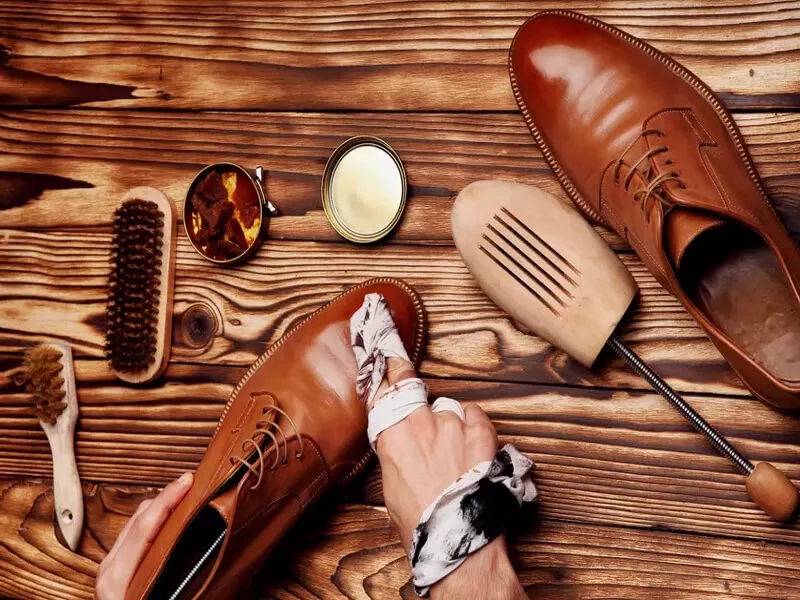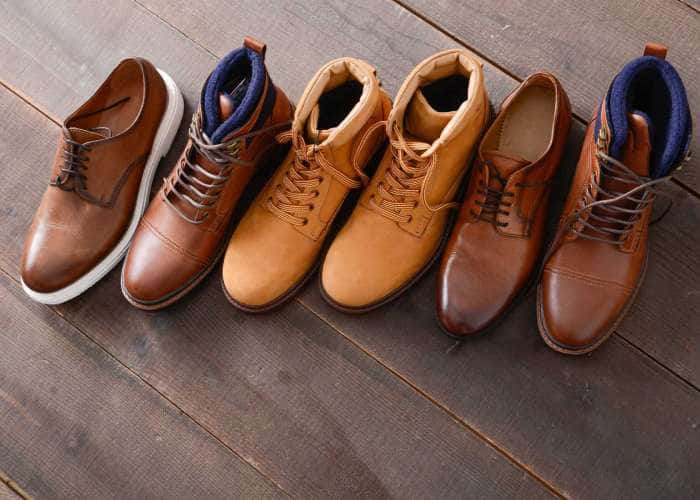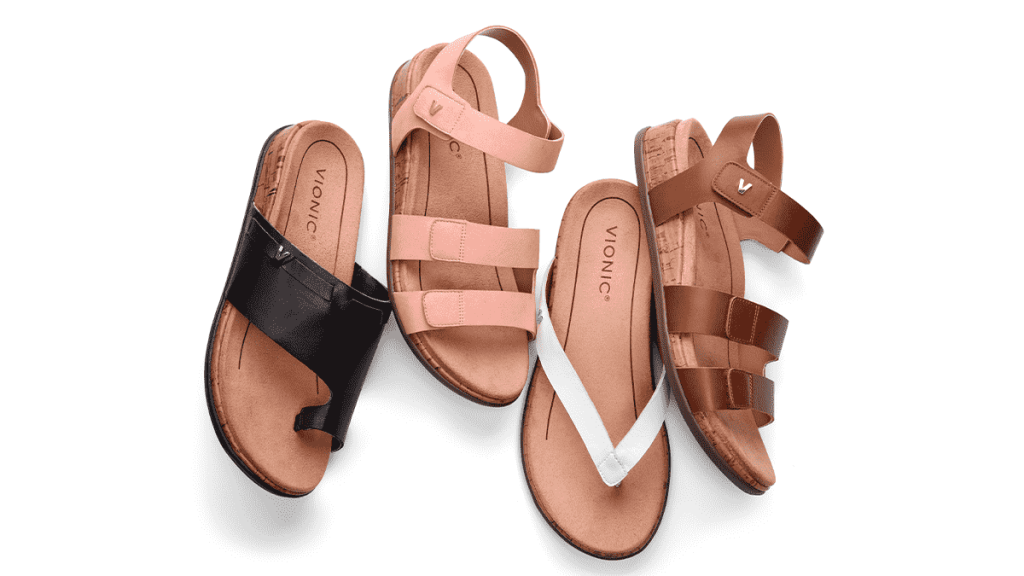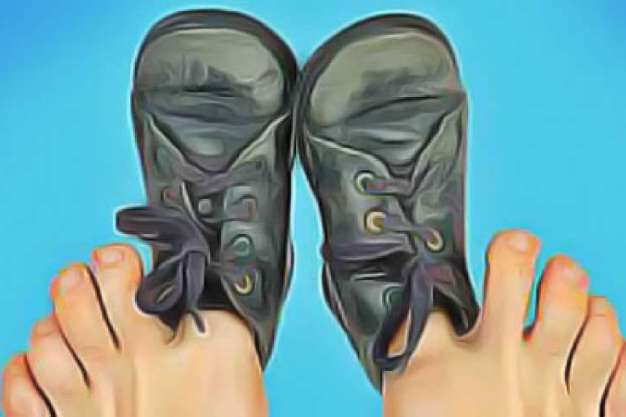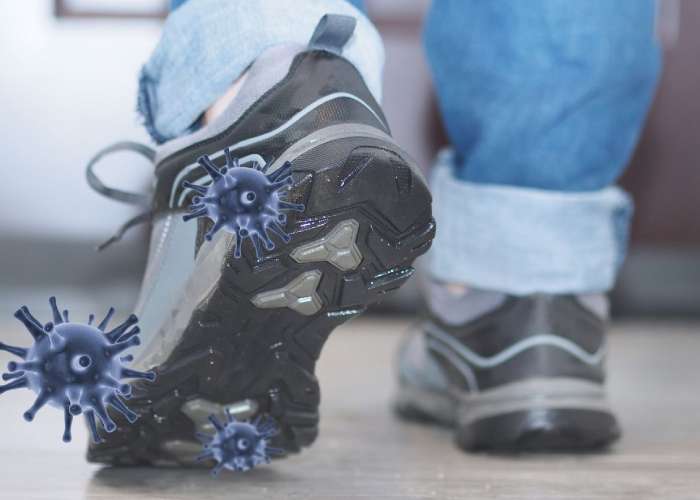
A study from China showed that health care personnel had the virus on their shoes, but people not working in medical settings are less likely to be affected.
A new study from a hospital in China showed that half of health care workers surveyed were found to have coronavirus detected on their shoes, but there’s no reason to panic yet.
The study, which was published in a medical journal called Emerging Infectious Diseases (EID) in April, used swab samples from potentially contaminated objects in hospital wards, collected between February 19 and March 2, to see what objects could carry the virus.
However, since the materials tested were in a hospital and the health care workers surveyed worked in an intensive care unit, it’s unlikely that the average person is at risk of coming in contact with the virus through shoes.
How likely is it that coronavirus will collect on my shoes?
According to NBC investigative correspondent Vicky Nguyen, it’s “very unlikely” that the virus will collect on shoes unless you work in a nursing home, hospital or other space that has lots of sick people.
“We know (that shoes) are a magnet for bacteria,” Nguyen told TODAY’s Savannah Guthrie. “It’s unlikely that you are going to have virus on the bottoms of your shoes.”
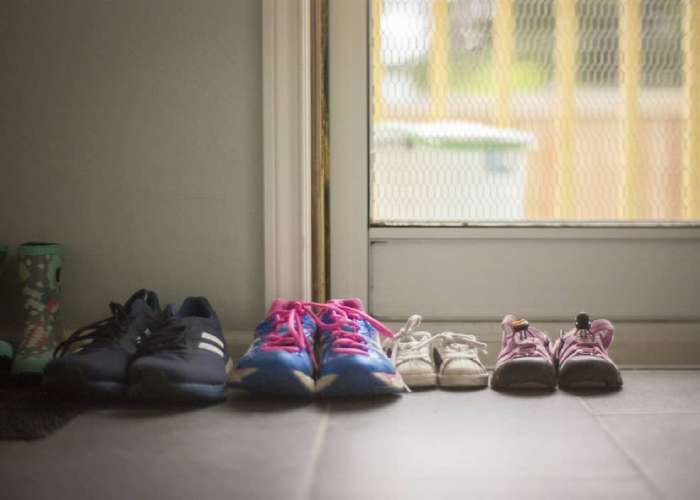
Even if the virus does gather on your shoes, the Centers for Disease Control (CDC) stressed that while it is possible that a person can get COVID-19 by touching an affected surface or object and then touching their mouth, nose or eyes, this is “not thought to be the main way the virus spreads.”
Dr. Amesh Adalja, a senior scholar at the Johns Hopkins University Center for Health Security in Baltimore, Maryland who focuses on emerging infectious diseases and pandemic preparedness, said that while it is “biologically possible that coronaviruses can be transmitted via all sorts of objects, including shoes and fabrics,” this is “likely not a major mechanism of infection.”
“This is not a major risk I would worry about,” Adalja said.
How long can coronavirus live on shoes?
So far, there haven’t been any studies measuring how long the virus can live on fabrics or soft surfaces. A study published in the New England Journal of Medicine on April 16 showed that the virus is most stable on plastic and stainless steel, where it is detectable for “up to 72 hours after application to those surfaces.”
The study also noted that the virus could live on copper for up to four hours, on cardboard for up to 24 hours, and in aerosols for up to three hours.
“Other studies show that viral particles are unlikely to cling to your clothes,” said Nguyen, who added that unless your clothes are directly sneezed or coughed on by someone who has the virus, it’s “unlikely” you’ll get the live virus on clothes.
“The viability of the virus on various subjects is affected by the environmental conditions,” Adalja said, adding that “the virus is not very hardy in general” and saying that viruses often have shorter lives on “most surfaces in real life” than they do in a laboratory or research setting.
What preventative measures can be taken?
Most sources advise that people continue to social distance and stay away from crowded areas in an effort to avoid the virus. Nguyen also recommended picking one pair of shoes to wear out and about and removing them as soon as you enter your home and leaving them by the door to avoid spreading the virus (or other bacteria) within your house.
Adalja said that there’s a risk that trying to clean shoes could further spread the disease.
“I personally have taken no action to clean my shoes or any other items, other than my hands,” he said. “Paradoxically, someone could actually contaminate their hands by trying to overly clean their shoes.”
As always, take care to wash your hands with hot water and soap for at least 20 seconds after touching any potentially contaminated surface, and avoid touching your face.
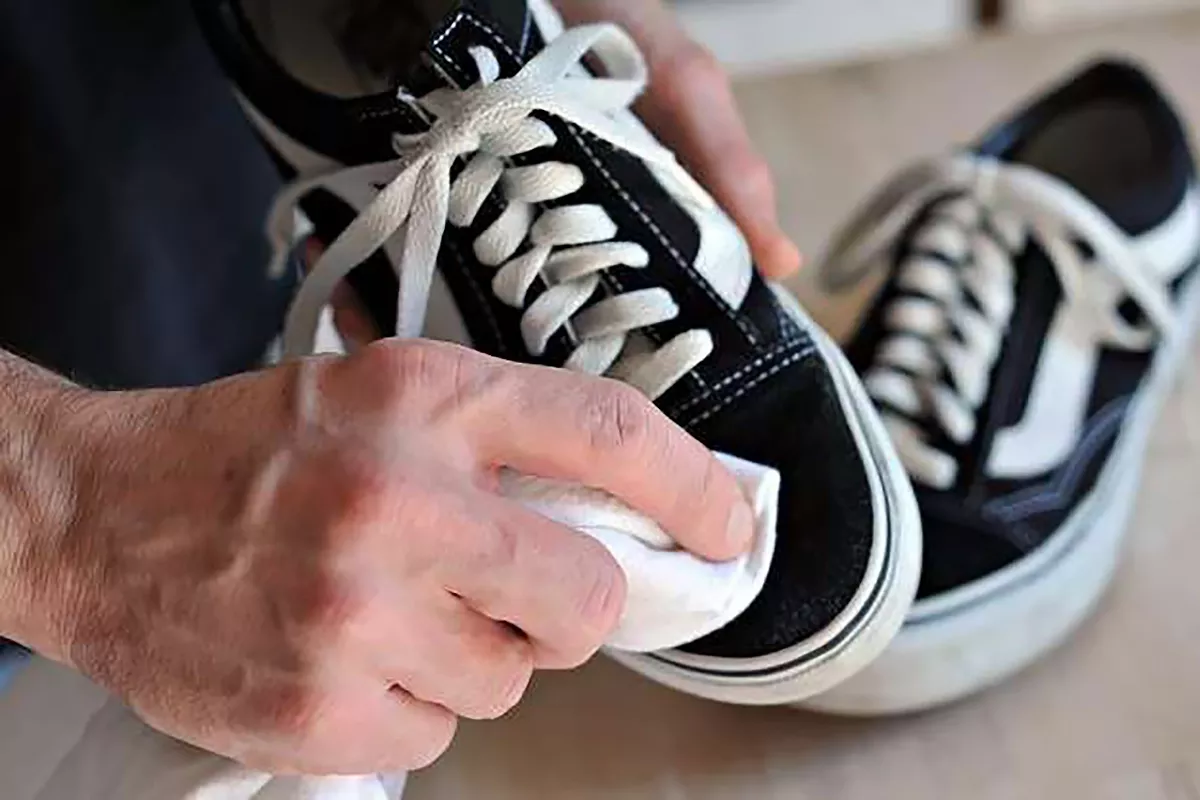
How can shoes be safely cleaned?
Adalja said that he does not believe cleaning with disinfecting wipes or products is necessary.
“I don’t believe people will get much benefit from doing this, but if they choose to do so, any disinfectant wipe would suffice,” he said, warning again that people would have to be careful to immediately wash their hands afterwards and refrain from touching their face. “I don’t think this is necessary, and have not done so myself despite being in hospitals.”
Nguyen advised putting shoes in the wash if they can be safely laundered. CDC guidelines recommend “laundering items as appropriate in accordance with the manufacturer’s instructions” and use the warmest water setting that the item can take. Dry items completely after washing.
“If your shoes are machine-washable, go for it,” Nguyen said.


